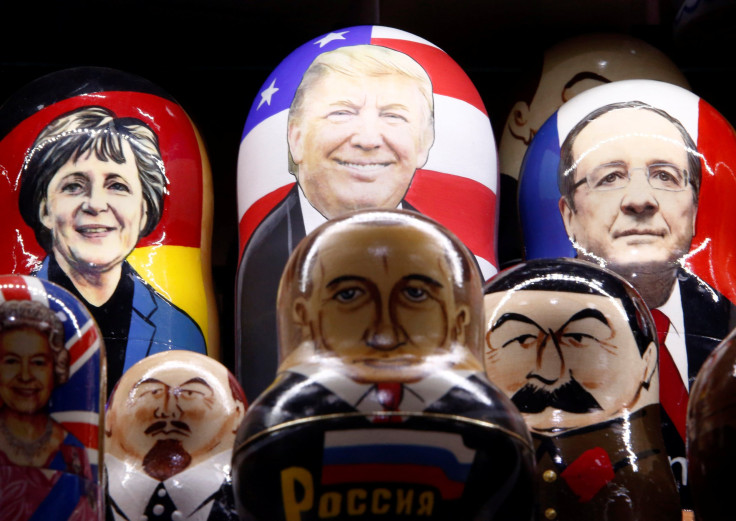US And Russia: Putin Calls Trump, Presidents Agree Stronger Cooperation In Fighting Terrorism, Solving Syria Crisis

Russian President Vladimir Putin called President-elect Donald Trump Monday to discuss bilateral relations, combating terror and ending the crisis in Syria, according to a statement by the Kremlin.
The statement, entitled "Telephone conversation with the newly elected president of the United States of America Donald Trump," said the two leaders agreed to reestablish relations, which have reached a low point in the last months of President Barack Obama's administration. Putin and Trump reportedly decided to build a relationship based on the "principles of equality, mutual respect and non-interference in the internal affairs of each other."
Without stating any specific future plans, the Kremlin also reported that the pair discussed the over five-year-long Syrian Civil War. The Obama administration, along with a number of Western countries, supports the Syrian opposition, while Russia backs Syrian President Bashar al-Assad and his allies. During the campaign trail, Trump expressed his support for Russia's intervention in Syria and acknowledged Assad's fight against terrorist organizations, including the Islamic State group.
Trump's relationship with Putin was a matter of debate during this year's presidential election. Trump's opponent former Secretary of State Hillary Clinton and her supporters criticized Trump for his pro-Russia statements. Trump said he thought the two leaders would "get along very well" and called for closer ties between Washington and Moscow.
The statement concluded by saying that the two leaders assured they would remain in contact by phone and soon arrange a personal meeting.
Two more pro-Russia candidates won presidential elections Sunday in Bulgaria and Moldova. Since annexing the former Ukrainian territory of Crimea in 2014, a number of European countries have expressed concern at Russia's political and military expansion. NATO and the E.U. have both taken steps in an attempt to counter what the organizations believe to be Russian aggression. Trump's administration, which begins in January, has raised doubts over the U.S.'s commitment to NATO.
© Copyright IBTimes 2024. All rights reserved.





















